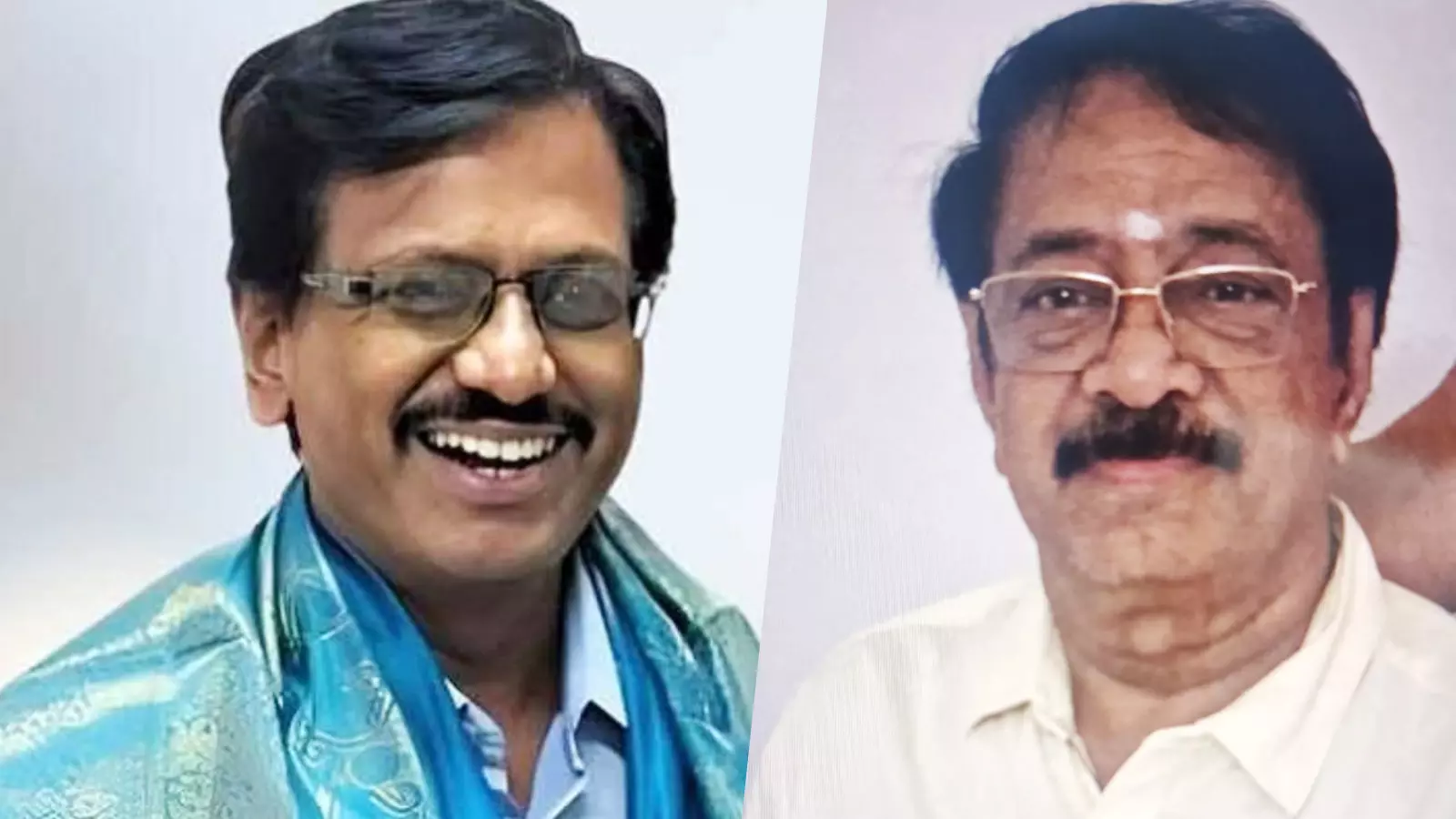
The residences of G Ranganathan (right), owner of Sresan Pharmaceuticals, and K Karthikeyan, the suspended inspector were raided by the ED
Cough syrup deaths: ED raids 5 sites in Chennai, targets Sresan owner, officials
ED launched PMLA searches at five sites, including homes of pharmaceutical owner G Ranganathan, two suspended drug control officials in Coldrif cough syrup case

The Enforcement Directorate (ED) intensified its investigation into the tragic Coldrif cough syrup contamination case on Monday (October 13), conducting searches at five key locations across Chennai under the Prevention of Money Laundering Act (PMLA).
The raids, which began at dawn, targeted the residences of the arrested pharmaceutical owner and two suspended drug control officials, as well as two additional premises linked to Sresan Pharmaceuticals' operations, amid allegations of financial irregularities and regulatory lapses that enabled the deadly product to reach vulnerable children.
ED teams, comprising over 20 officers, descended on the upscale Kodambakkam residence of 75-year-old G Ranganathan, owner of Sresan Pharmaceuticals, where they seized documents, laptops, and financial ledgers potentially revealing illicit profits from substandard drug sales.
Simultaneous operations unfolded at the Thiruvanmiyur home of Deepa Joseph, the suspended director of drugs control for Tamil Nadu and a senior inspector in the Kancheepuram zone, and the nearby residence of fellow suspended inspector K Karthikeyan. Sources indicated that the focus here was on emails and inspection reports that might expose deliberate oversights in monitoring the company's manufacturing unit.
After the five sites, searches were conducted at a Chennai-based warehouse used by Sresan for storage and distribution, and the office of a associated logistics firm suspected of handling contaminated batches.
Multi-pronged action
The syrup, marketed as a safe remedy for coughs and fevers, was distributed nationwide but hit hardest in underserved areas where affordable generics are a staple.

